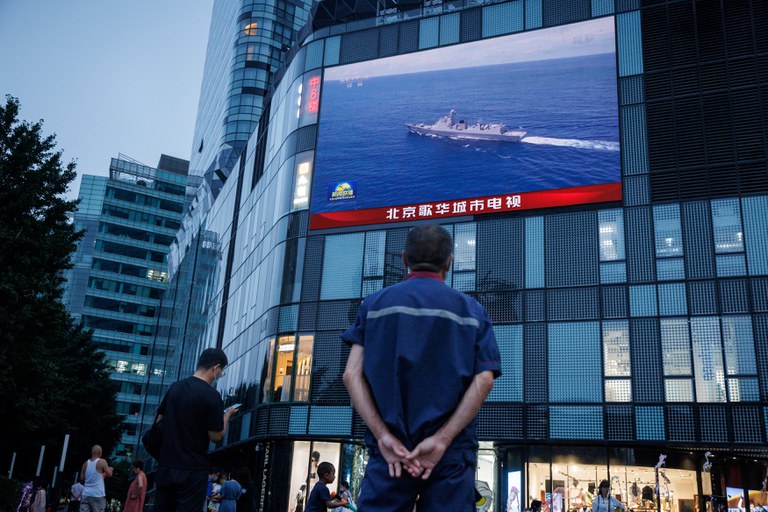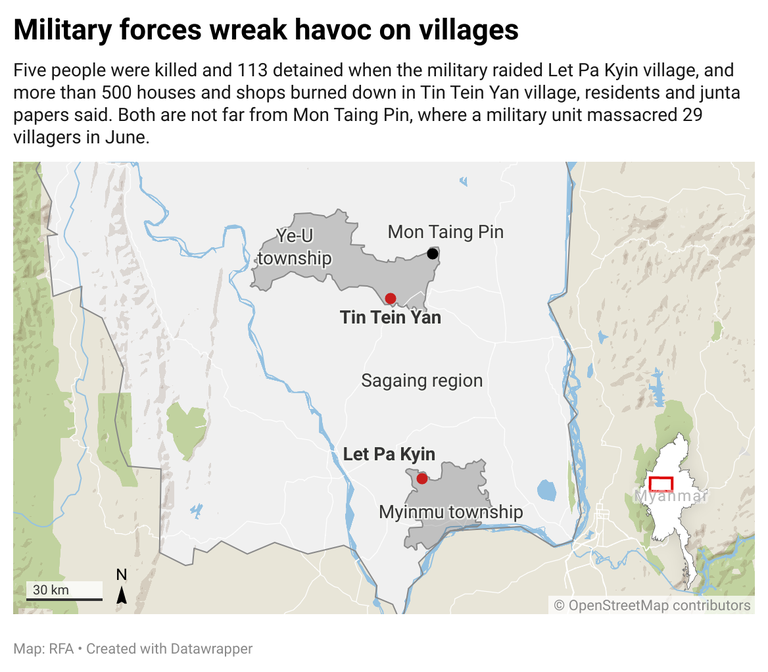
English Football League reviewing files linking Cambodian diplomat to soccer club
Evidence linking Cambodian diplomat Wang Yaohui to Birmingham City Football Club is now in the possession of the English Football League, RFA has learned. The EFL last month successfully applied to Singapore’s Supreme Court to access records in a case brought against one of Wang’s companies, according to sources familiar with the court’s ruling who asked not to be identified as they were not authorized to speak about it publicly. The application was made as part of an ongoing investigation by the league into allegations that Wang secretly controls a substantial portion of Birmingham City’s shares, in contravention of EFL regulations. One of the defendants in the Singapore court case is a company registered in the city state, Gold Star Aviation Pte Ltd. Corporate records show that Gold Star Aviation’s sole shareholder is a British Virgin Islands company called Dragon Villa Ltd, which also controls 12.81 percent of Birmingham City’s shares. Among the court files obtained by the EFL is a sworn affidavit given by one of Wang’s most trusted lieutenants, Jenny Shao, who is also a defendant in the case and has enjoyed power of attorney over Wang’s affairs for more than a decade. In the affidavit, which RFA has seen, Shao states that, “Gold Star’s sole shareholder is Dragon Villa Ltd (“DVL”) and DVL is beneficially owned by Mr Wang.” As an EFL member playing in the league’s highest division, Birmingham City is obligated to disclose the identity of any individual controlling more than 10 percent of its shares. While Dragon Villa features in the club’s ownership statement, Wang does not. The disclosure describes Dragon Villa instead as being “controlled” by an individual named Lei Sutong, who is a director or shareholder at multiple Wang-linked companies. The discrepancy between Shao and Birmingham City’s descriptions of Dragon Villa’s ownership could have serious repercussions for the club, including potential misconduct charges or point deductions. A club spokesperson did not respond to a request for comment, but RFA understands that Birmingham City’s management is standing by its existing ownership disclosure. Birmingham City’s assurances do not seem to have satisfied the league, which confirmed in a statement to RFA that its investigation is ongoing. “As a result of our ongoing investigations into the ultimate beneficial ownership of Birmingham City Football Club, we are not in a position to comment,” an EFL spokesperson told RFA via email, commenting anonymously in line with the league’s policies. Wang Yaohui’s first Cambodian diplomatic passport bearing his Khmer name Wan Sokha. The passport was granted to him in 2015 in recognition of his role as an advisor to Prime Minister Hun Sen. The league launched its probe into Wang’s ties to the club in early June, following an RFA investigation, which found the Chinese-born Cambodian diplomat and advisor to Prime Minister Hun Sen controlled a large but undeclared stake in the club through a series of proxies and shell companies. Birmingham City is one of England’s most storied soccer teams and currently competes in the nation’s second-highest tier, just below the elite Premier League. That the EFL now holds the Singapore court files may explain why a putative takeover of the club has stalled in recent weeks. Long beset by financial troubles and with its stadium in need of serious repairs, many Birmingham City fans are hankering for new ownership. They may have thought their prayers had been answered when a bid was submitted last month by former club director Paul Richardson and retired professional soccer player Maxi Lopez. Before any transfer of ownership can take place at a soccer club playing in one of the EFL’s three divisions, the league must approve the sale. In order to do so, it requires information from both the buyer and the seller about what the club’s ownership structure will be after the sale. Writing in The Athletic last week, soccer journalist Matt Slater reported the EFL’s chief executive Trevor Birch as saying the league hadn’t received enough information “to even consider” Richardson and Lopez’s bid. While the EFL has not elaborated on exactly what information it is yet to receive, Slater suggested the data deficit lies with the club’s current owners. “The Athletic understands that Richardson and Lopez have submitted as much information as they can at this stage,” he wrote. “But the club and their current owners have not yet provided full answers to the league’s standard set of takeover questions.” An RFA analysis last month calculated that Wang and a close relative named Vong Pech control more than half of Birmingham City’s shares between them. While Vong’s name does appear in the club’s official ownership disclosures, as well as stock exchange filings by its Hong Kong-listed parent company, Wang’s does not. Birmingham City’s owners are now in a bind. It appears that the EFL will not allow them to sell until they offer some more transparency about who exactly the owners are. But if they do, they risk sanctions from both the league and the authorities in Hong Kong.





